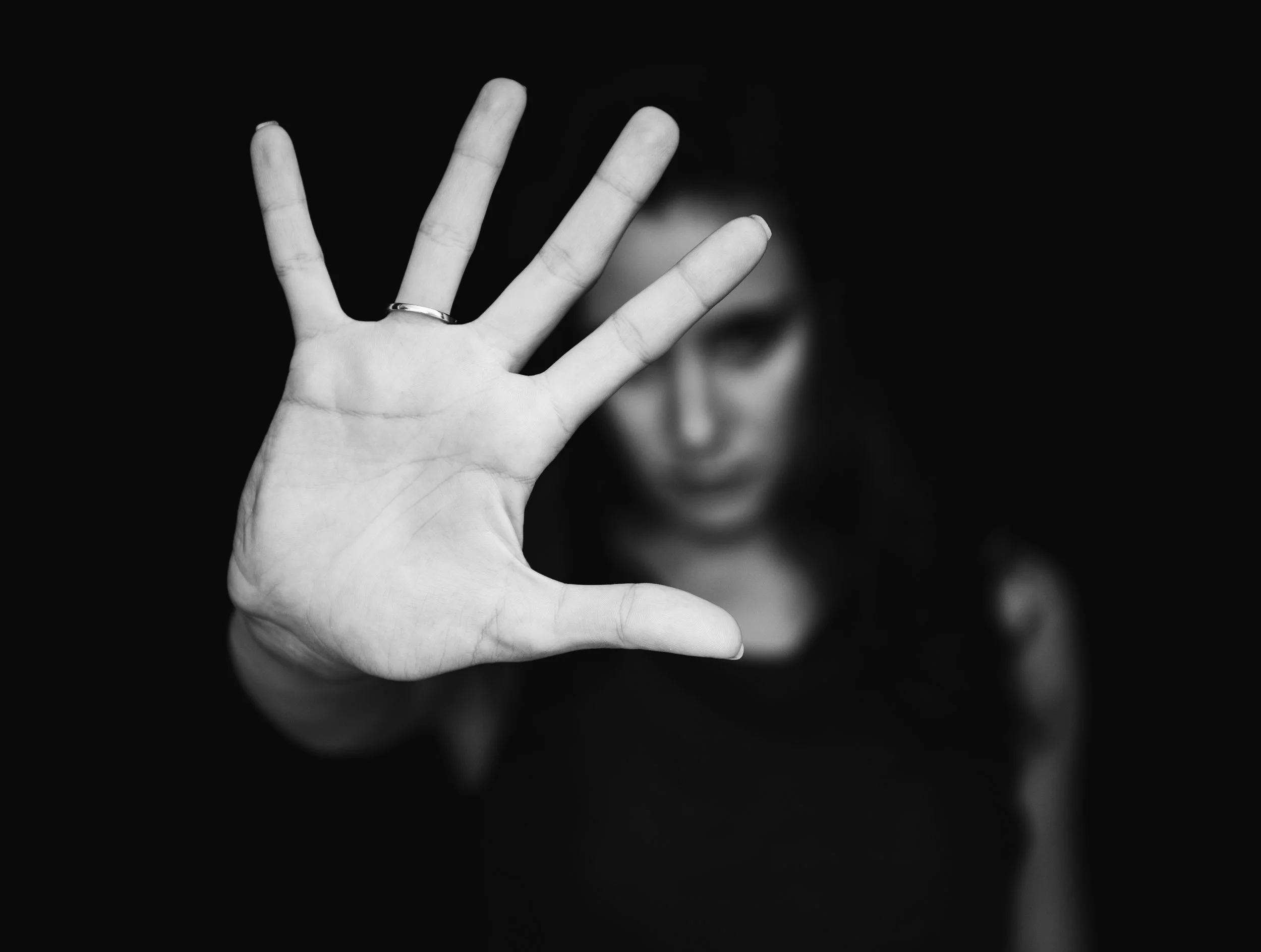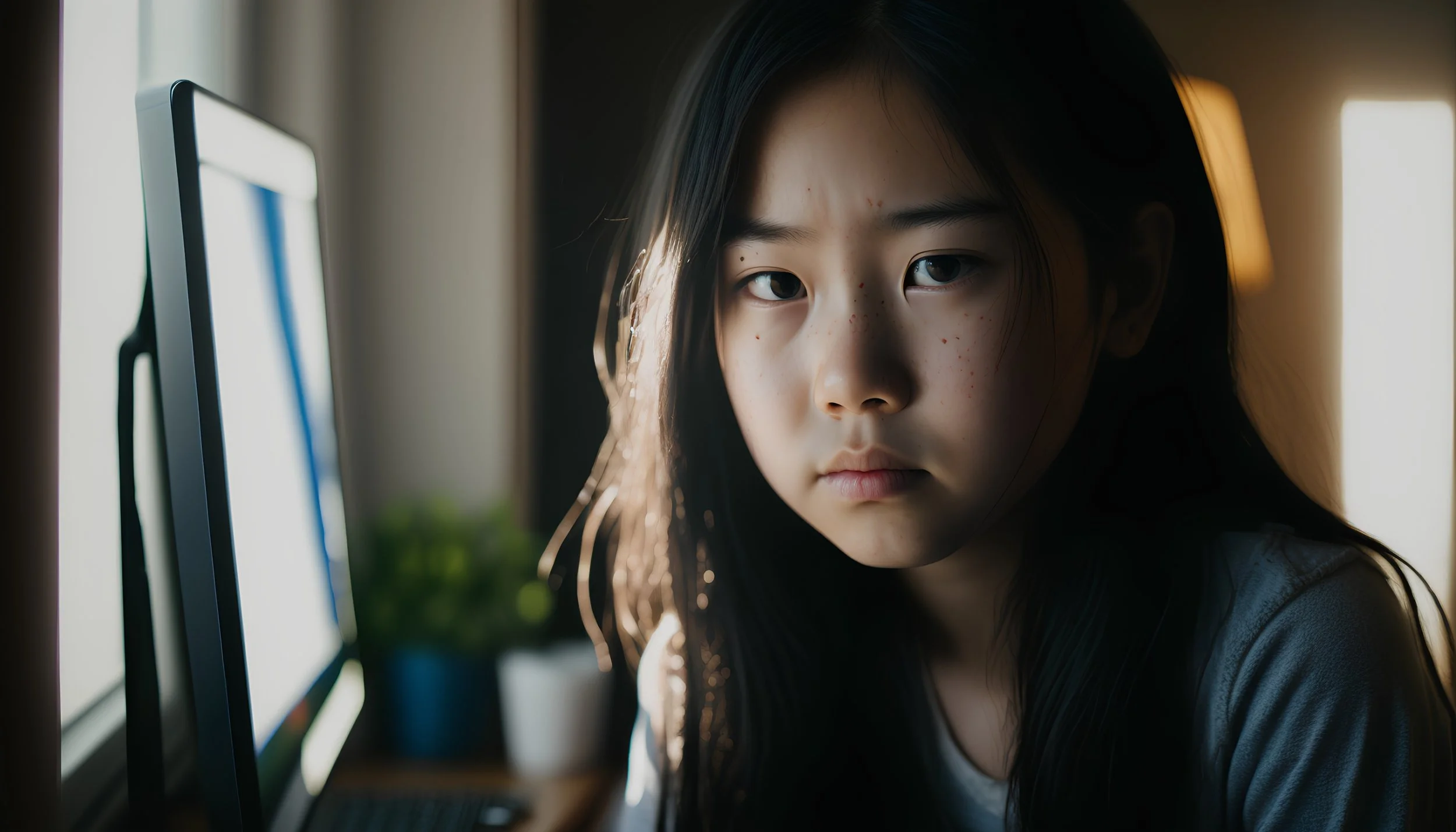What is Human Trafficking
It’s a serious violation of human rights involving the use of force, deception, or abuse of power to control and exploit people. It traps individuals—often those in vulnerable situations—in conditions where they cannot leave freely, stripping them of autonomy, safety, and dignity. This crime often operates in the shadows but can exist in any community, preying on those who lack protection or support. At its core, it’s about profit through the suffering and silence of others.
Types of Trafficking & Vulnerabilities
Sex trafficking and exploitation in South Korea occur through multiple channels, with victims facing unique vulnerabilities that traffickers exploit. While physical red-light districts have largely been dismantled, trafficking continues through both traditional venues and rapidly growing online platforms.
Runaway and Displaced Youth: Teens escaping unstable homes or abusive environments are especially vulnerable to traffickers posing as friends or romantic partners.
Digital Grooming and Sextortion: Online platforms such as Telegram, KakaoTalk, and other social media are increasingly used to coerce youth into producing exploitative content or to lure them into trafficking networks (e.g., the infamous Nth Room case).
Debt Bondage and False Job Offers: Victims are often lured with fake modeling, waitressing, or overseas job opportunities, only to be trapped by fabricated debts and threats.
Entertainment and Hospitality Venues: “Room salons,” karaoke rooms (noraebang), massage parlors, and escort services serve as common fronts for trafficking activities.
Labor Trafficking: Some victims are trafficked under false pretenses into domestic work or factory jobs but end up in exploitative conditions.
Current Situation
Sex trafficking in South Korea remains a critical human rights issue, with many victims being minors. Many reports indicate girls as young as 9 to 12 years old are trafficked, with most victims ranging from early adolescence through their late teens. Traffickers exploit vulnerable youth—often runaways or those from unstable homes—through various methods, including false job offers and coercion. Foreign women from Russia and Eastern Europe are also vulnerable, particularly those who migrate for marriage or employment.
Government Challenges
South Korea is currently ranked as a Tier 1 country in the U.S. State Department’s Trafficking in Persons Report, indicating that it technically meets the minimum standards for eliminating trafficking. Though over the last few years, the country has been moving between Tiers 1 and 2, this designation does not mean the government is fully engaging with or effectively addressing the issue. Efforts remain uneven, with criticism over prosecuting victims rather than providing protection and support. Laws still need urgent reform to focus on victim-centered approaches rather than criminalization. Enforcement is inconsistent, and traffickers often operate with relative impunity due to corruption and limited resources. Compared to other countries in the region, South Korea has fewer NGOs and victim services dedicated to anti-trafficking work, limiting comprehensive survivor care and effective prevention programs. Cultural shame surrounding sex work often prevents victims from seeking help, and the legal system’s history of prosecuting victims further discourages reporting.
FAQs
-
Yes. Human trafficking in South Korea is a significant and growing concern, though it often remains hidden. While traditional forms of trafficking, such as in brothels, exist, they represent only a fraction of cases. Increasingly, traffickers are exploiting young people—especially teens—online, using social media, messaging apps, and “helper” networks to recruit and control victims. These victims are extremely difficult to identify, as exploitation often happens in private or digital spaces, far from public view. Despite the government’s Tier 1 ranking, relatively little is being done to proactively locate and protect victims, leaving many young people trapped in coerced sexual or labor situations. This hidden nature of trafficking makes awareness, prevention, and early intervention critical.
-
While dramatic abduction cases sometimes happen, most human trafficking does not look like a classic “kidnapping.” Traffickers often use deception, coercion, or manipulation to control victims, rather than force or violence. Many victims—especially teens and young adults—are recruited online, promised jobs, shelter, or “help,” and then trapped in exploitative situations. Because there is rarely overt violence or public struggle, trafficking can be hidden in plain sight, making awareness, education, and proactive identification critical to protecting vulnerable populations.
-
Women, children, runaway teens, and migrant workers face the highest risk. Economic hardship, social marginalization, or lack of family support makes them especially susceptible to coercion, debt bondage, or online recruitment. In particular, minors and teens are extremely vulnerable to sexual exploitation due to their age, limited resources, and online presence.
-
Sex trafficking: Coerced sexual exploitation of minors and adults, often involving manipulation, threats, or online recruitment.
Labor trafficking: Forced labor in domestic work, factories, agriculture, or the service industry, often affecting migrant workers who are dependent on employers for wages or visas.
Both forms of trafficking can overlap, and many victims experience multiple layers of exploitation simultaneously.
-
Tier 1 indicates that the South Korean government meets the minimum U.S. standards for combating human trafficking. However, it does not mean trafficking has been eradicated, nor that all systemic issues are resolved. Enforcement is still uneven, victims may lack adequate support, and traffickers continue to exploit gaps in the system. Tier 1 reflects compliance on paper, but real-world protection and prevention remain limited.
-
Traffickers exploit vulnerabilities, promising money, shelter, or jobs. They may use online networks, social media, and messaging apps to contact victims, often starting with “help” or favors that escalate to coercion, debt bondage, or sexual exploitation. Victims are frequently manipulated psychologically or financially, making escape extremely difficult.
-
Historically, the system has sometimes prosecuted victims—especially minors or those forced into prostitution—rather than providing protection. This discourages reporting, retraumatizes survivors, and allows traffickers to operate with relative impunity. While laws exist to protect missing children and trafficked youth, enforcement and victim-centered approaches remain uneven.
-
Shame surrounding sex work and exploitation discourages victims from seeking help. Many survivors fear judgment, family backlash, or social isolation, which allows traffickers to continue operating in secrecy. Public awareness campaigns and culturally sensitive interventions are essential to breaking this cycle.
-
Raising awareness, supporting NGOs, reporting suspicious activity, and advocating for stronger victim-centered policies are key ways the public can contribute. Education about online recruitment, early warning signs, and resources for at-risk youth can help prevent exploitation before it starts. Organizations like Mighty Warrior International work to amplify these efforts, connecting vulnerable populations to safety and supporting systemic change.


